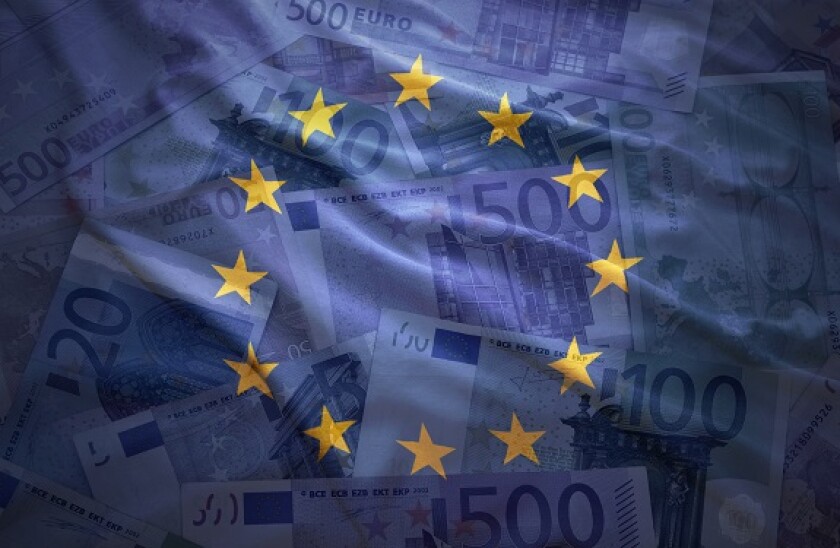The Stability and Growth Pact stipulates that EU members should keep their fiscal deficits under 3% and their debt to GDP ratios under 60%. These have always been treated with a degree of elasticity — just look at France’s debt to GDP ratio — but the Commission was still eager to keep borrowing limited.
Germany, with its “black zero” — a constitutional prohibition on fiscal deficits — has been a staunch advocate of deficit discipline across Europe. Bundestag president Wolfgang Schäuble, in an opinion piece in the Financial Times last week, said high levels of borrowing could lead to a runaway devaluation of the euro.
Such hawkishness was in vogue for much of the last decade, thanks in no small part to the legacy of the eurozone sovereign debt crisis.
But its popularity has waned. Many economists, including Germans, have taken to Twitter to voice their disagreement with the Schäuble's views. One Peterson Institute economist, Olivier Blanchard, even took exception to Schäuble's citation of his own views in the article, saying he had been misunderstood.
When the coronavirus crisis hit Europe, it quickly became obvious that protecting Europe’s economy would require huge government spending. Accordingly, the General Escape Clause was activated, suspending the Stability and Growth Pact.
It is far from obvious that the SGP should return. It has to in some form — it is embedded in EU’s treaties and the EU confirmed last week that it will return in 2023 — but the mood in Europe has shifted away from hardline fiscal discipline and towards investment in growth, amid recognition that rising wages will be the EU’s best defence against the rising tide of right-wing populists.
With the US effortlessly dwarfing the EU’s attempts at recovery spending, and reaping the benefits of rapid growth, for the EU to return to fiscally conservative spending limits would allow the US to run away unchallenged.
But simply loosening the fiscal constraints of the SGP would be a tough sell to Schäuble and his allies. Giving EU members’ completely free rein on their borrowing would aggravate those for whom the memory of the sovereign debt crisis is still fresh.
The solution is green packaging. Permit a loosening of the 3% fiscal deficit target, but only for projects that meet certain standards of green, or sustainable investment (using the EU taxonomy, perhaps).
This would allow governments to continue to invest in projects promoting sustainable economic growth, but give the EU more say over their economic decisions.
Such a policy would be a boon for the sovereign green bond market, since complying with the standards required by the EU to qualify for generous deficit accounting would almost certainly overlap with the requirements of a green bond framework.
By offering a deficit reduction for green investment, the EU could boost interest in the green bond market, promote sustainable investment under its own standards, and allow the kind of investment needed to get its economy growing once more.

